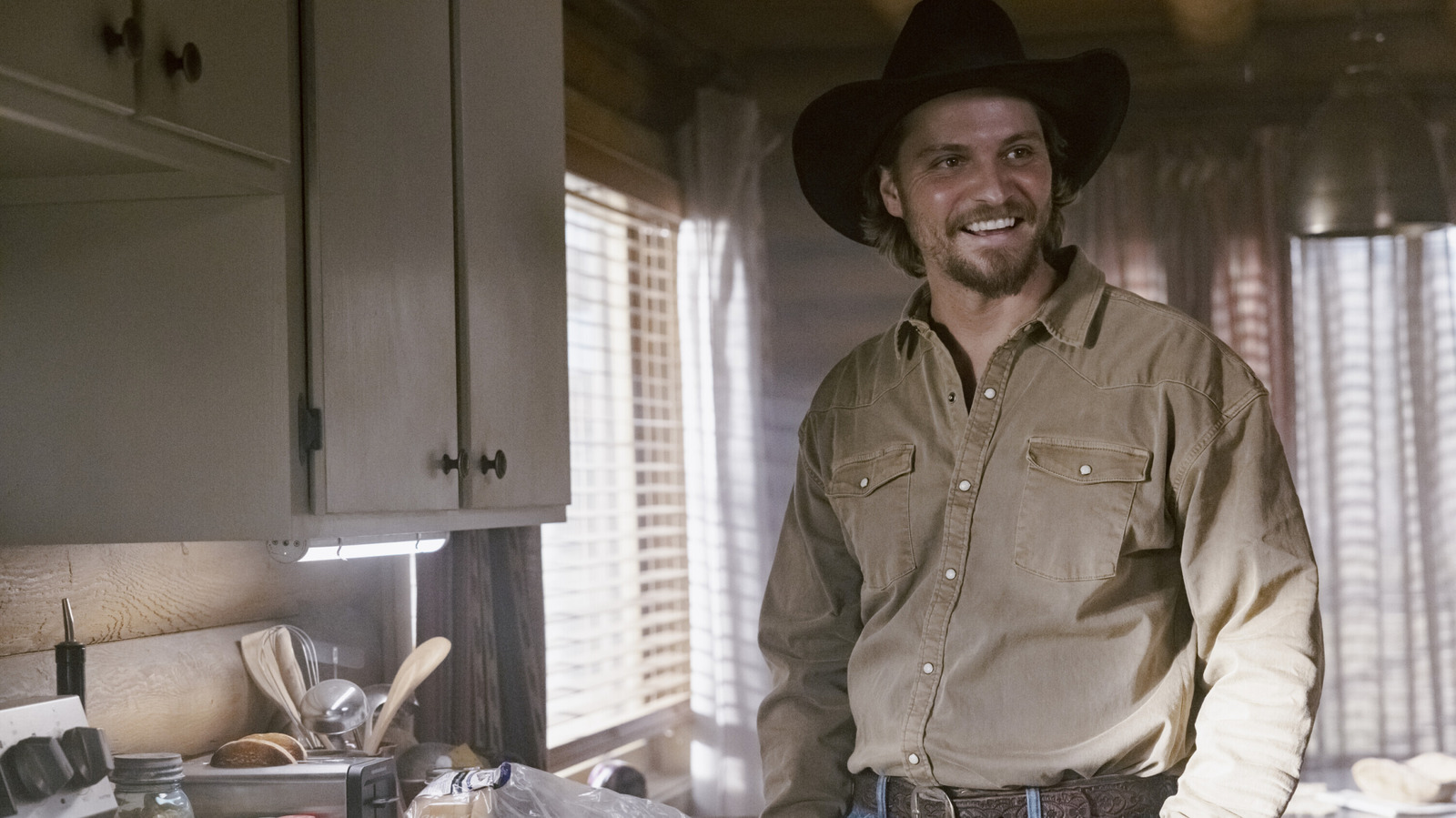
I actually took a 1/2 year social studies elective at my public high school, junior year, called 'Holocausts'.
The majority of the course was of course spent
discussing the Nazi Holocaust of WW II.
There was also a portion of the course about Pol Pot and the Khmer Rouge in Cambodia. And we discussed more broadly how holocausts come about and what could cause societies to kill a group of people.
I graduated high school in 1993. I remember being intensely consumed by the material and the subject matter in this course, but I felt detached and at a certain level desensitized because I couldn't believe in our times and with the world as 'advanced' as it was, that this type of mass murder would/could take place again.
In April of 1994 a violent genocide began in Rwanda. Long standing tribal issues had been artificially exacerbated over the prior years to try and jumpstart a civil war. In a nutshell, the ruling ethnicity of Rwanda had long been the Tutsi tribe--the Tutsi were the closer group to the ruling colonial powers (Germany first, then Belgium) and so they had leverage when the European leaders and political backbone left. The Hutu people far outnumbered the Tutsi people, yet the Tutsis had the upper-hand economically, politically, etc. In the years preceding the genocide there were a lot of flare-ups and increasing anti-Tutsi activity.
On April 6, 1994 the plane used by the President of Rwanda was shot down (the President of Burundi was on board as well). The Tutsi army came under attack by Hutu rebels and was briefly overthrown. It took a few months for the Tutsi army to re-establish their control, during which time an all out genocide had left more than 500,000 Tutsi people in a matter of a few months. There were essentially two wars--the Tutsi army fought the Hutu rebel forces, and in the streets the majority Hutu civilians were murdering Tutsis. It was a spontaneous break out of neighbors killing their neighbors with machetes; there was rampant rape and murder in all parts of the country.
It was over by July. Some estimates stand closer to 1,000,000 deaths and 500,000 rapes of Tutsi, and many moderate Hutu women as well.(wikipedia entry) To continue the horror, after the violence was stopped and control of the country was taken back, 2 million Hutus fled to neighboring countries, especially Zaire, where they lived in poorly funded and managed refugee camps. Thousands of Hutus would starve or die of disease before organized efforts were able to bolster the camps, and return refugees to Rwanda.
So now that I've given you a little background if you didn't have it, I want to make mention of the two movies.
Hotel Rwanda (2004) is a very poignant film starring Don Cheadle (also Nick Nolte and Joaquin Phoenix). It is a good movie, capturing a lot of what happened during this period. When I saw it the first time, it was after I had already absorbed a lot of actual information about this genocide. I had also already seen Sometimes in April (2005), a made for HBO movie.
Sometimes in April was much grittier and more realistic about the outcomes and what the aftermath really looked like. I think Hotel Rwanda tried to emulate some of the characteristics of a documentary and honored the dead as best as a film could hope to do. But at some point this movie realized it was more of a Hollywood movie. It diverted from reality and retreated (in my estimation) into a more common 'good will eventually prevail' message. It created things that were not there, fabricating rays of sunshine in order to help us leave the theater with some hope in humanity. Conversely, I never got much of a sense from Sometimes In April that it cared very much whether I was watching at all, never mind wondering how I'd feel later if the story were too difficult to take in. And I appreciated that and felt like I got the perspective that best told this story.
I suggest watching both to get a clear view of the difference between (a) a film that is trying to educate the viewer--not a documentary in the truest sense, but a film that is documenting a major event nonetheless, versus (b) a movie created to entertain first, but with a need to document a major event that required a certain solemnity and respect as well. In some ways the difference was subtle or even minor; but in some other big ways it was a glaring weakness of Hotel Rwanda to have had the larger budget and bigger names like Cheadle, Nolte and Joaquin Phoenix.
I think had Don Cheadle and the stars of Hotel Rwanda been in Sometimes In April, it still could have been the more accurate document of the two, but larger stars usually are compelled to consider their own personal aftermaths when they select each role. It is sometimes not desirable to do a great job in an ultra-realistic movie about something difficult and disturbing; complex and ugly. I imagine had Don Cheadle read both scripts, he most certainly would choose Hotel Rwanda again--and it was a solid movie that remained true to the overall story it represented.
But if you are only going to see one of these movies, pick Sometimes in April; it is told from a more accurate and realistic viewpoint and maintains that tone for the whole time. You will walk away appreciative that you got the opportunity to be thoroughly entrenched in the events; the better to understand and recognize the significance of that ugly year in Rwanda.




















No comments:
Post a Comment